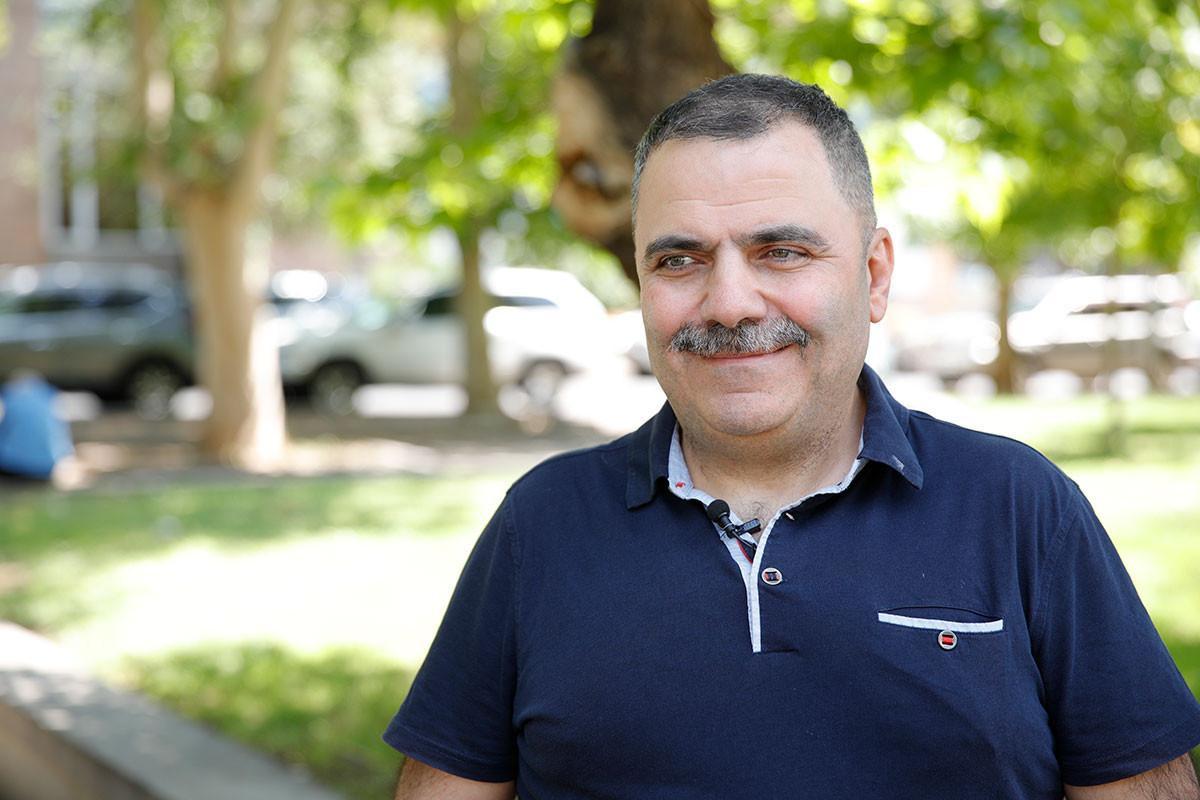
Dr. Karen Eguiazarian Says Armenia Must Gather Global Armenian Scientific Potential
Dr. Karen Eguiazarian, a Professor of Signal Processing at the Department of Computing Sciences, Tampere University (Finland), says plans to create a international robotics center in Armenia is nearing completion.
Eguiazarian, last July, announced that the Armenian Society of Fellows (ASOF) intended to launch the project given the urgent need to develop the sciences in Armenia, particularly in the research sector focusing on information technology (IT).
Eguiazarian, who studied in Yerevan, Moscow and Finland, said the Armenian military defeat in the 2020 Karabakh war revealed a host of problems afflicting Armenia that require immediate attention in an organized, pan-Armenian level.
The Center for Intelligent Computing, that will operate on the grounds of Yerevan State University, will support the development of science in Armenia, cooperation between Armenian and Diaspora scientists, training scientific personnel, holding scientific courses and conferences.
The ASOF website says the Armenian government has invested $8.5 million to build the largest compute infrastructure in the region to support the center.
Eguiazarian tells Hetq the center will operate with state and grant funding and hopes to be self-financed within a few years.
The professor says Armenia is twenty-thirty years behind the curve in terms of artificial intelligence research despite the presence of Armenian scientists working at leading universities worldwide.
“We aim to bring the new generation that left to become professors back to Armenia. We must assemble the scientific potential that we have. That's one of the biggest problems,” he tells Hetq.
When asked about the negative ramifications of AI, Eguiazarian points to how ChatGPT is used by students in their research.
He argues that using AI solely to “answer” questions, without creative thinking, poses several risks.
Eguiazarian says the main issue discussed by scientists today is how to increase the level of security of AI. As an example, he points to the use of AI in drone warfare.
“If you look at the way wars take place now, the same small drone wars are like computer games. But this is the low end. Imagine a war with bigger drones that can drop atomic bombs, and if they fall into the hands of the Mujahedin. We have something to think about.”
 Videos
Videos Photos
Photos
Write a comment